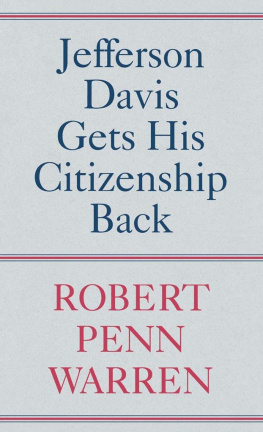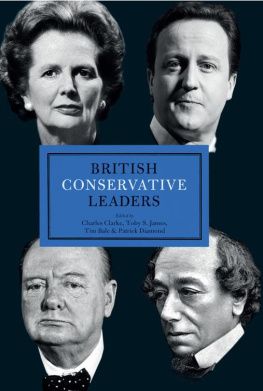Foreword
TUCKERS GIFT
B Y A MITY S HLAES
Years ago a junior senator decided to write a book about his predecessors. The senator belonged to the Democratic Party, as his father, also a name in politics, had done before him. Yet the senator determined that he would not produce a party tract or a partial history. He would make a study of all kinds of senators, however controversial. He would describe both Democrats and Republicans, and he would bust stereotypes. The theme the author chose was political integritythe integrity of breaking with the pack when ones conscience demanded it, and the more subtle integrity of personal sacrifice for the group.
The senator-author was John Fitzgerald Kennedy. The book was Profiles in Courage. One disputed chapter in the book covered Robert Taft of Ohio. Taft, who had recently died, was not just any Republican. Taft was Senate majority leader, and was so associated with the GOP that he was nicknamed Mr. Republican. After World War II Taft had taken the deeply unpopular step of opposing the Nuremberg Trials. Tafts critics went after him relentlessly: his heart bled anguishedly for the criminals at Nuremberg, a colleague commented. Yet, as Kennedy noted with admiration, Taft had stuck to his position, for the Ohio senator could not see how retroactive justice could be justice at all.
Precisely because it was so fair, Profiles in Courage won a Pulitzer Prize and became a bestseller whose relevance abides today. Tafts challenge to retroactive justice comes up in considerations of jurisprudence regarding both suspected al-Qaeda terrorists and Saddam Hussein. Even those who cannot sanction Tafts position can find utility in Kennedys book.
So will it be with Conservative Heroes, Garland Tuckers own volume of profiles in courage. As Kennedy did, Tucker dares to choose hot topics and to depict his heroes unconventionally. Tucker, for example, reclaims Thomas Jefferson as a conservative, not a move of which todays Jefferson-shy Grand Old Party is likely to approve. And as Kennedy did, Tucker illuminates not only his subjects integrity but also their flaws, even when fatal.
Another hero is John W. Davis, a figure obscured by modern history books because he argued on the side of states rights, and therefore against desegregation, in a companion case to 1954s Brown v. Board of Education. Yet as Tucker shows, Davis accomplished too much to dismiss him simply as a bigot. The West Virginian determined early on to make a difference through the law: while still a student he told his peers that an attorney could be the sentinel on the watchtower of liberty. Over his career Davis proved not merely a jurist, but a great one: Brown was not the first but the 140th case that Davis argued before the Supreme Court. In a 1952 case, Youngstown Sheet and Tube Co. v. Sawyer, Davis convinced even some of the progressives on the bench that the federal governments seizure of steel-production facilities was unconstitutional.
Some readers will be surprised to find that Davis also took the initiative at many times to help blacksand paid for that help dearly. While Davis was solicitor general in Woodrow Wilsons administration, he defended black voting rights before the Supreme Courtand won. The Democratic Party that nominated Davis for president in 1924 was the party of the Ku Klux Klan. Yet Davis denounced the Klan explicitly over the course of the campaign, saying that the Klan must be condemned by all those who believe, as I do, in American ideals. In such a declaration Davis outclassed his Republican opponent, Calvin Coolidge, who remained silent on the Klan. This bold stance cost Davis support and even, some wager, the election. But Daviss move set a new standard for decency on race in our political process.
Similar bravery was, however, demonstrated by Coolidge on a different field: fiscal policy. Today our conception of a hero president is that of an active executive, changing the country from Washington. Coolidge demonstrated a rarer kind of heroism: that of restraint, whether restraint of himself or of Congress. While in office, Coolidge vetoed the entitlements of his day, farm support and support for veterans. He allowed bills to die in recess, a move known as the pocket veto. Often he did not even comment on his own inaction.
Such behavior has often been depicted as laziness, or cruelty, or both. When Coolidge died, the commentator Dorothy Parker asked, How can they tell? Yet Coolidges refusal to grant entitlements to various groups came out of strength and a confidence that all citizens would benefit if only the government did not favor one faction.
Tucker adds value by sketching out Coolidges greatest campaign, a campaign to cut taxes. Together with Treasury Secretary Andrew Mellon, Coolidge fought to restore tax rates to preWorld War I levels. This endeavor was not easy, especially because Mellon and Coolidge found an opponent in an increasingly progressive Congress. To get lawmakers to agree to lower rates even modestly, Mellon and Coolidge initially had to concede a condition they regarded as deeply offensive to American freedom: the tax authorities could publicly release the returns of top taxpayers. Yet Coolidge and Mellon persevered, managing, within a couple of years, to reverse the heinous public returns rule. They also successfully pressured Congress to reduce top tax rates to levels below not only those of Woodrow Wilson and Franklin Roosevelt but also those of Dwight Eisenhower and Ronald Reagan. Today the Coolidge top tax rate of 25 percent sets the bar for Republican presidential candidates.
Marvelously, Tucker carries the tax story forward, showing how Josiah Bailey of North Carolina and other little-known skeptics, many Democrats, pressed back when the New Deal threatened to engulf the private sector. The Conservative Manifesto that Bailey led the group in publishing inspired small-government fans and provided the template for the Republicans 1994 Contract with America.
Most debated in Tuckers roster will be John C. Calhoun, born in 1782. Like nearly all of his southern peers, Senator Calhoun supported slavery, and explicitly so. This has been enough to see him wiped out from childrens texts. Yet the omission leaves younger citizens in the dark about some valuable history. For example, Calhoun became the leading opponent of the tariff, a protectionist measure that benefited some parts of the country at the expense of others. He maintained his opposition even when it threatened his own political ambitions. In 1832 Calhoun resigned the vice presidency rather than continue to serve under President Andrew Jackson, who refused to reduce the so-called Tariff of Abominations. Calhouns opposition led to compromise that reduced tariff rates, benefiting all consumers and establishing the virtuous Democratic Party tradition of lower tariffs. In Profiles in Courage, and later on the presidential campaign trail in 1960, Kennedy expressed his admiration for this great South Carolinian and praised the courage of Calhoun in refusing to repudiate positions that were unpopular, or even tragically wrong. I never know what South Carolina thinks of a measure, Calhoun once said. I act to the best of my judgment and according to my conscience. Of South Carolina, Calhoun added: If she approves, well and good. If she does not, and wishes anyone to take my place, I am ready to vacate. We are even.


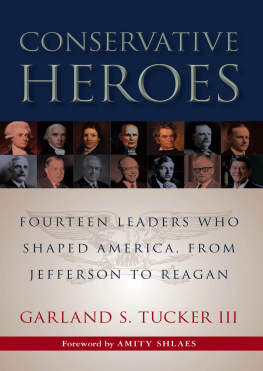

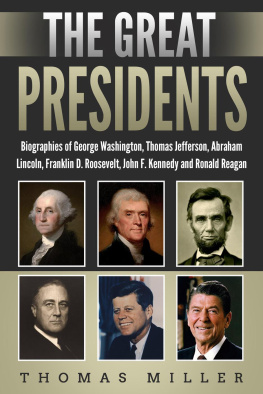
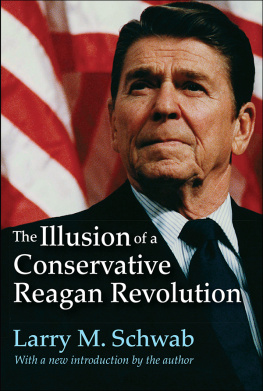
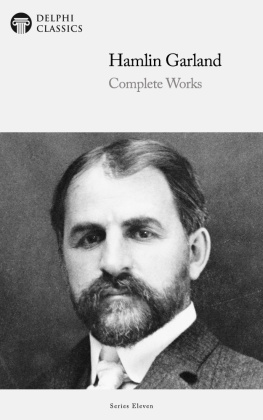
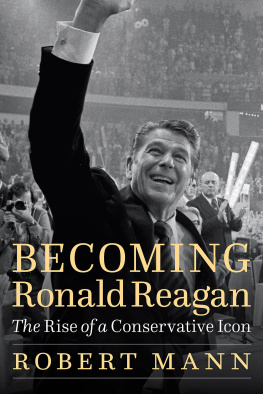
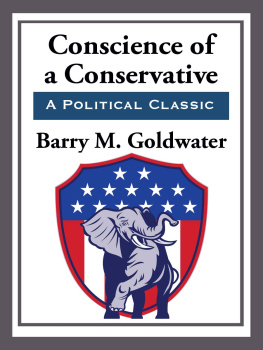
![Garland - Willie Stargell [eBook - Biblioboard]: A Life in Baseball](/uploads/posts/book/173641/thumbs/garland-willie-stargell-ebook-biblioboard-a.jpg)
